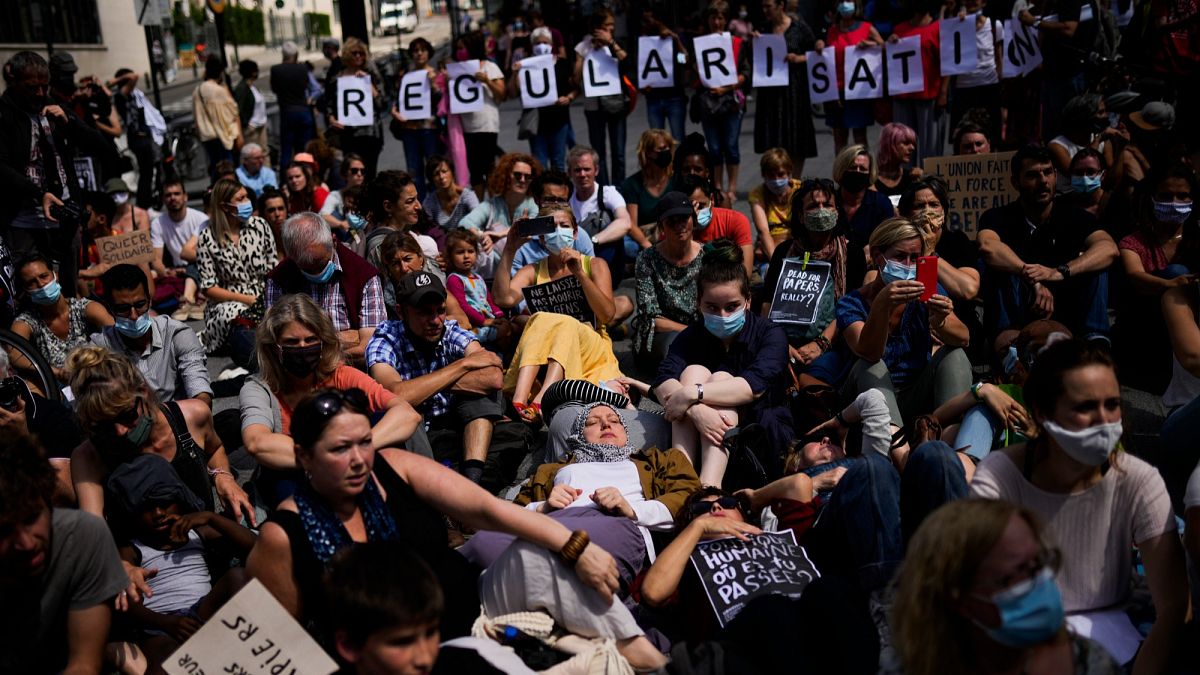

Amid shifting global landscapes, several countries have taken pivotal steps that impact both their citizens and international relations. From judicial investigations to legislative adjustments, these decisions encapsulate a world grappling with modern challenges.
Belgium has recently revised the criteria for family reunification for migrants, marking a significant shift in its immigration policy. This decision aligns with a broader European trend, as both Portugal and Germany have taken similar measures. Such policies impact the fabric of society, echoing across communities as migrants and their families navigate these evolving legal frameworks.
In the realm of aviation safety, the recent Jeju Air crash in South Korea has sparked a wave of emotions and concerns. Preliminary investigations suggest pilot error may have contributed to the tragic incident, leading to vehement protests from bereaved families. They express worry that the initial findings may inadequately account for systemic factors, urging authorities to conduct a thorough and fair investigation.
Meanwhile, the situation in Gaza has drawn international attention as journalists from Agence France-Presse (AFP) face dire conditions. The SDJ union highlights that AFP still employs a small team of freelancers in Gaza, following staff reductions last year. The humanitarian situation underscores the need for immediate intervention to ensure the safety and well-being of journalists operating in the region.
In Europe, Moldova’s attempts to address corruption have seen progress with the arrest of fugitive oligarch Vladimir Plahotniuc in Greece. Plahotniuc’s arrest relates to his involvement in a significant bank fraud case amounting to €850 million. His detention represents a critical step in Moldova’s broader campaign to tackle systemic corruption and restore public trust in its institutions.
In Lithuania, a rise in GPS jamming incidents has led to increased scrutiny of Russian activities. Lithuanian officials have identified multiple sites in Kaliningrad from which interference is said to be emanating. This development reflects ongoing geopolitical tensions, highlighting the delicate balance of regional security and technological vulnerabilities.
Within Russia, a new law further restricts internet freedoms by criminalizing the search for content deemed ‘extremist.’ This development signifies the latest in a series of regulatory measures aimed at controlling digital information, a strategy that has intensified since Russia’s invasion of Ukraine in 2022. These legal constraints may impact both domestic and international perceptions of freedom of expression and digital rights.
In Latin America, Venezuela has launched an investigation into alleged torture of its citizens in El Salvadorian prisons. Venezuelan Attorney General Tarek Saab announced the probe following the return of detainees from El Salvador’s Cecot prison, under a prisoner exchange deal with the United States. The allegations of abuse have prompted Venezuela to examine the treatment of its citizens abroad and bring attention to the challenging conditions within foreign detention facilities.
These diverse global narratives illustrate the interconnectedness of political, social, and human rights issues. As countries navigate these complexities, the actions and policies they adopt will invariably shape the future, emphasizing the importance of transparency, justice, and accountability in an ever-evolving world.
Source: {link}
